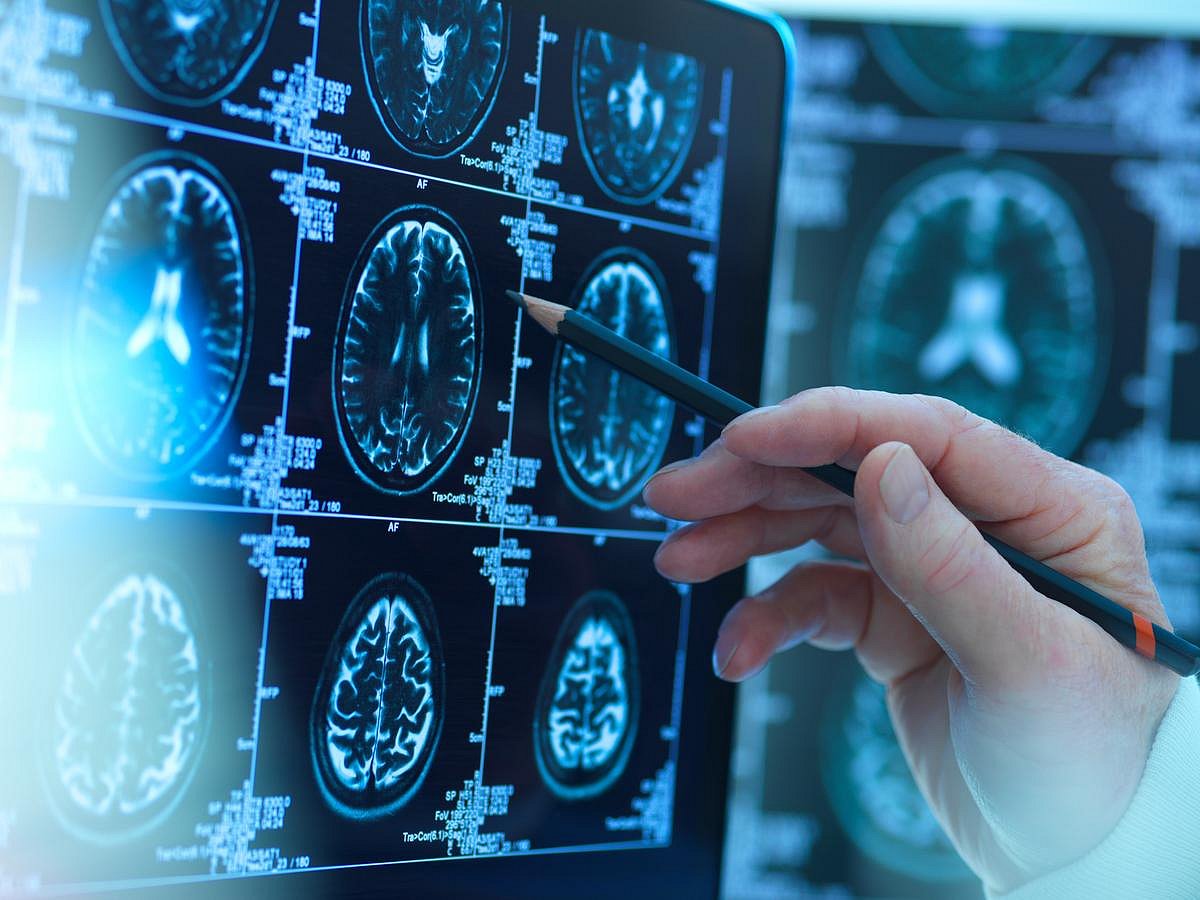Get Healthy!

- Posted June 21, 2025
How a Baby’s Brain Grows in the First Years of Life
The first two years of a baby’s life are critical for brain development, and how the brain grows during that time may help predict future learning, behavior and health.
That’s according to experts at Cedars-Sinai, who are working to better understand how brain connections and genetics influence a child’s development.
“We want to use advanced imaging as a tool to detect deviations as early as possible so that we can hopefully bring them back to the normal trajectory,” said Wei Gao, director of Neuroimaging Research at Cedars-Sinai and a professor of biomedical sciences.
Gao said a baby’s brain first develops areas that control movement and senses, followed closely by social and emotional skills.
“The first year is where you need to pay very special attention to the social-emotional development of the baby,” Gao said in a news release. “You want to provide sensitive support to the baby so the baby can develop a secure attachment with you as a caregiver. That has long-term impacts to their later achievements and quality of life.”
He and his team created one of the first detailed maps showing how parts of the brain connect during early childhood. In a new study, they are tracking more than 7,000 children from birth through age 10.
By combining brain scans with information about each child’s environment and genetics, researchers hope to learn how factors like maternal health, family life or prenatal exposure to substances can shape brain development.
Dr. Jane Tavyev Asher, director of Pediatric Neurology at Cedars-Sinai Guerin Children’s, is working with Gao to study how outside influences affect brain growth.
She said screen time in the first years of life can have a negative effect on learning.
“The brain is developing its communication patterns in those first few years of life, so you are training that brain exactly what it needs for its future," Tavyev Asher said in a news release. "If you're exposing that brain to a screen, that brain thinks it needs to be able to pay attention to these rapidly changing images but not to the slower things of the real world.”
Too much screen time early in life may affect how well children later learn to read and write, she added.
Dr. David Rowitch, deputy director of Research at Cedars-Sinai Guerin Children’s, is studying how a baby’s genes can impact their brain growth.
"Almost 80% of babies with a genetic condition exhibit a neurological manifestation,” Rowitch said in a news release.
“For example, that could be weakness of the muscles, seizures or a structural abnormality of the brain that we identify by MRI," he continued. "It is important to understand and capture these conditions to ensure the correct diagnosis and treatment.”
Modern genetic testing can now scan a baby’s full set of DNA — about 3 billion base pairs — and offer clues into both physical and mental health.
Rowitch said combining genetic results with brain imaging may help doctors detect signs of problems and provide even better care.
“We want to be able to anticipate future health or neurodevelopmental problems,” he said. “The earlier we detect alterations, the sooner we can intervene to improve the child's developmental trajectory.”
That could include helping children prepare for school and supporting long-term learning and development.
"If we understand how genetics affects school readiness, that starts to open up another set of questions,” Rowitch said. “How can we make a child school-ready who might otherwise be in a high-risk category? If we can bring together genetics, brain mapping and cognitive assessment, we can create interventions that can help every child reach their potential.”
More information
First Things First has more on child brain development.
SOURCE: Cedars-Sinai, news release, June 19, 2025







